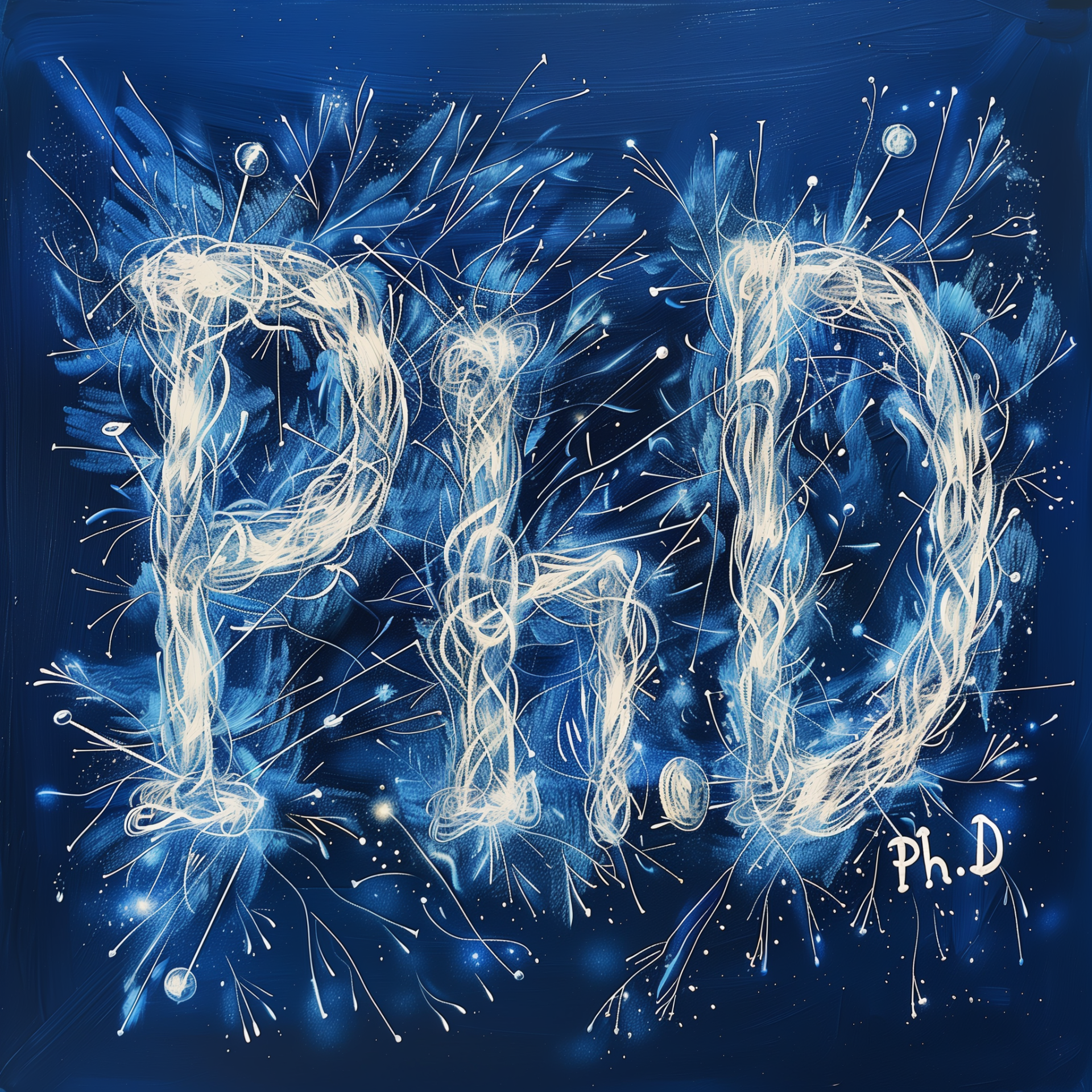The UK’s Science, Innovation, and Technology Secretary, Michelle Donelan, has announced a £1 billion investment in 65 Engineering and Physical Sciences Research Council (EPSRC) centers for doctoral training. The centres will support research in areas such as artificial intelligence, quantum technologies, semiconductors, telecoms, and engineering biology. Funding will include £479 million by EPSRC, this funding includes £16 million of additional UKRI funding to support CDTs in quantum technologies.
Quantum Training
Institutions leading these centres include King’s College London, Heriot-Watt University, the University of Nottingham, Cardiff University, the University of Edinburgh, and the University of Bristol. The investment aims to build the skills base needed to advance future tech and maintain the UK’s reputation as a hub of cutting-edge research and development.
UK’s Unprecedented Investment in Doctoral Training
The UK government has announced a significant investment in doctoral skills for engineering and physical sciences. The Science, Innovation and Technology Secretary, Michelle Donelan, revealed that the investment would exceed £1 billion. This funding will be directed towards 65 Engineering and Physical Sciences Research Council (EPSRC) centres for doctoral training (CDTs). The CDTs are expected to bolster research in areas of national significance, including artificial intelligence (AI), quantum technologies, semiconductors, telecoms, and engineering biology.
Centres for Doctoral Training: A Closer Look
Several institutions across the UK will lead these CDTs, each focusing on a unique area of research. For instance, King’s College London will train researchers in advanced engineering for personalised surgery, including micro-surgical robots, AI-assisted surgery, and chemical techniques for non-invasive surgery. Heriot-Watt University will prepare research leaders to explore technologies such as carbon capture, green hydrogen, and sustainable fuels to support the UK’s industrial heartlands in achieving their net zero target. The University of Nottingham aims to reduce the environmental impact of chemicals manufacturing, while Cardiff University will lead research to improve the design, manufacture, and environmental sustainability of semiconductors.
Five Quantum Technologies CDTs
EPSRC Centre for Doctoral Training in Quantum Information Science and Technologies Led by: Dr Jorge Barreto, University of Bristol
EPSRC Centre for Doctoral Training in Quantum Computation and Quantum Communications (QC2) Led by: Professor Paul Warburton, University College London
EPSRC Centre for Doctoral Training in Applied Quantum Technologies Led by: Professor Stefan Kuhr, University of Strathclyde
EPSRC Centre for Doctoral Training in Quantum Informatics Led by: Dr Christiaan Johan Marie Heunen, The University of Edinburgh
EPSRC Centre for Doctoral Training in Quantum Technology Engineering Led by: Dr Timothy Freegarde, University of Southampton
The Role of Government and Academia in Innovation
Science and Technology Secretary, Michelle Donelan, emphasised the importance of investment in UK talent to pioneer new discoveries that benefit society and create new jobs. She highlighted the need to support critical technologies, including AI and future telecoms, to maintain the UK’s reputation as a hub of cutting-edge research and development. The investment is seen as a crucial step in building the skills base needed to harness the potential of future tech.
The Impact of the Investment
Professor Charlotte Deane, Executive Chair of EPSRC, part of UK Research and Innovation (UKRI), stated that the new CDTs would help prepare the next generation of researchers, specialists, and industry experts across a wide range of sectors and industries. The investment includes an additional £135 million for CDTs, which will start in 2025. Despite cost increases since 2018, the total number of students funded through this round of CDTs is approximately 5% less than the 2018 investment.
Supporting Emerging Research Areas
The new CDTs will also lead research into emerging areas such as tackling harmful noise and its impact on health, addressing the challenges facing our water systems in the face of climate change, and applying AI and machine learning to fluid dynamics. Other areas of focus include developing organ-chips, small, bioengineered devices which replicate important aspects of human health and disease, and addressing the grand mathematical challenges raised by the significant levels of uncertainty in our future. More than 1,400 companies, higher education institutions, charities, and civic organisations are participating in the CDT.
External Link: Click Here For More

